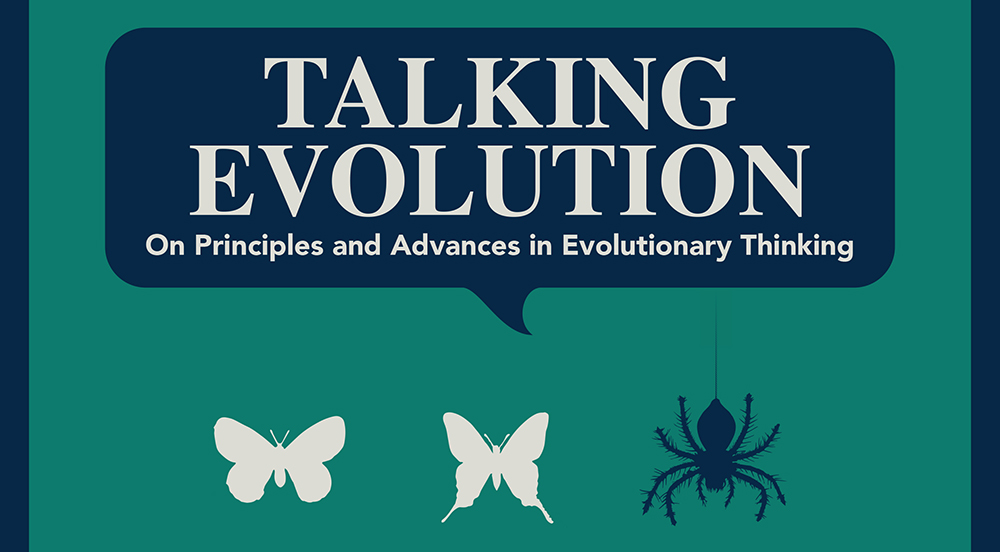Speaker
Description
Developmental bias is the non-random generation of phenotypes as a result of developmental processes; making some (combinations of) phenotypes more likely than others. Developmental bias is clearly widespread, but there is little insight in the generality of the patterns, nor in their evolutionary consequences. Here, we take a meta-analytical approach and test whether environmentally induced phenotypic variation has evolutionary potential, as predicted under the ‘plasticity-first’ hypothesis. We collect phenotypic and genetic variance-covariance matrices (P- and G-matrices) for populations in their ancestral and a novel environment and test whether (a) environmentally induced variation is biased, and (b) if this bias is concordant with genetic variance-covariance matrices. Alignment between genetic and environmentally induced components of phenotypic variation can help to reveal how developmental biases evolve, and the extent to which plastic response has evolutionary potential.

